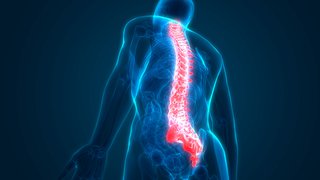The specialized spine doctors at UT Southwestern Spine Center are dedicated to helping patients overcome spine problems, providing comprehensive care and access to the latest and most effective treatments.
Neck Pain
New Patient Appointment or 214-645-8300
MedBlog
Results: 4 Locations
UT Southwestern Frisco
12500 Dallas ParkwayFrisco, Texas 75033 214-645-8300 Directions to UT Southwestern Frisco, Frisco Parking Info for UT Southwestern Frisco
James W. Aston Ambulatory Care Center
5303 Harry Hines Blvd.Dallas, Texas 75390 214-645-8300 Directions to James W. Aston Ambulatory Care Center, Dallas Parking Info for James W. Aston Ambulatory Care Center
Spine Center
at UT Southwestern Medical Center at Richardson/Plano 3030 Waterview Parkway, 1st FloorRichardson, Texas 75080 972-669-7101 Directions to Spine Center at UT Southwestern Medical Center at Richardson/Plano, Richardson
University Hospital Physical Medicine and Rehabilitation
at Charles Cameron Sprague Clinical Science Building 5161 Harry Hines Blvd., 1st Floor, Suite 104Dallas, Texas 75390 214-645-2080 Directions to University Hospital Physical Medicine and Rehabilitation at Charles Cameron Sprague Clinical Science Building, Dallas Parking Info for University Hospital Physical Medicine and Rehabilitation








